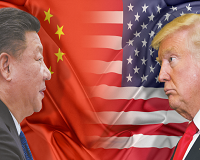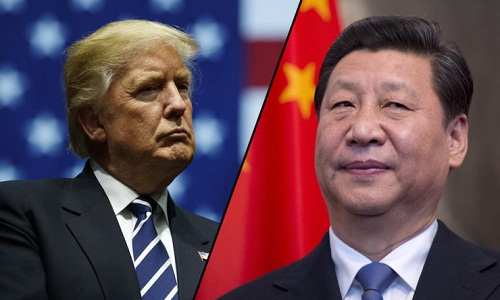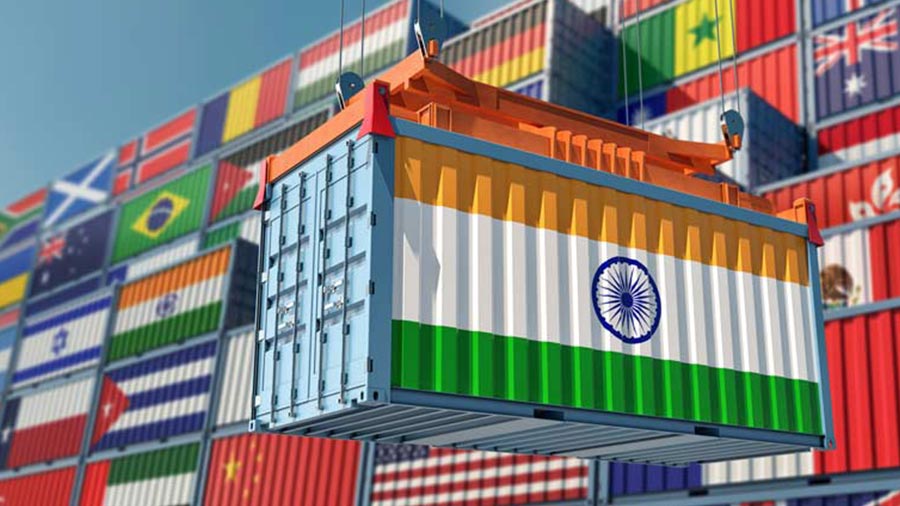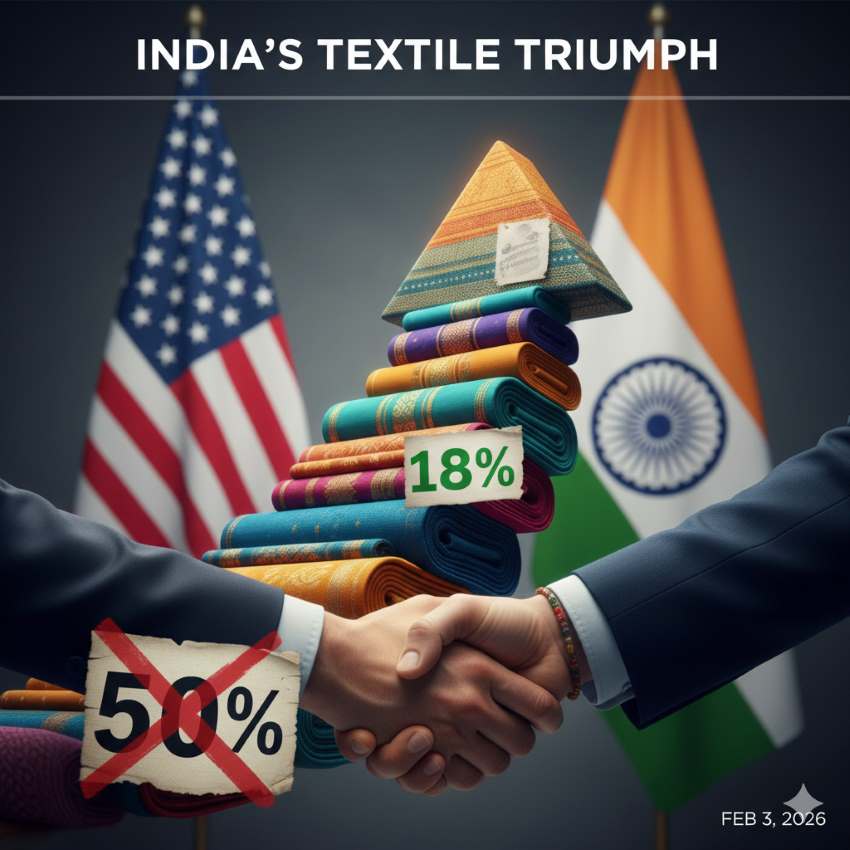"Therefore, the reasons for China’s protest are perfectly valid. After all, the country has achieved phenomenal success in globalisation through selective protection, credit subsidies, state-owned enterprises, domestic-content rules, and technology-transfer requirements. Although the US has alleged that Chinese policies violate WTO rules, it still cannot be called a trade cheat as the country would not have been able to diversify its economy and grow as rapidly had it become a WTO member before 2001."
 The ongoing US-China spat reached a dead-end when a high-profile United States trade delegation returned empty-handed from its mission in China. This wasn’t surprising as US demands were not only unfair but also highly unjust. The Americans wished to completely revamp Chinese industrial policies and intellectual property rules, besides refraining the Chinese government from retaliating against Trump's proposed unilateral tariffs against Chinese exports.
The ongoing US-China spat reached a dead-end when a high-profile United States trade delegation returned empty-handed from its mission in China. This wasn’t surprising as US demands were not only unfair but also highly unjust. The Americans wished to completely revamp Chinese industrial policies and intellectual property rules, besides refraining the Chinese government from retaliating against Trump's proposed unilateral tariffs against Chinese exports.
Therefore, the reasons for China’s protest are perfectly valid. After all, the country has achieved phenomenal success in globalisation through selective protection, credit subsidies, state-owned enterprises, domestic-content rules, and technology-transfer requirements. Although the US has alleged that Chinese policies violate WTO rules, it still cannot be called a trade cheat as the country would not have been able to diversify its economy and grow as rapidly had it become a WTO member before 2001.
Playing the right game
China plays the globalisation game by Bretton Woods rules. As a Chinese official once explained, their strategy is to open the window but place a screen on it. They get the fresh air (foreign investment and technology) while keeping out the harmful elements (volatile capital flows and disruptive imports).
it. They get the fresh air (foreign investment and technology) while keeping out the harmful elements (volatile capital flows and disruptive imports).
Chinese practices are not very different from that of other advanced countries yet one of the major US complaints is that the Chinese systematically violate intellectual property rights to steal technological secrets. It is imperative for international trade regimes to accept the unfeasibility and undesirability of restricting the policy space other countries have. Levels of development, values, and historical trajectories differ too much for countries to be shoehorned into a specific model of capitalism. Sometimes domestic policies backfire, eliminating foreign investors out and impoverishing domestic economy. At other times, they propel economic transformation and poverty reduction, as is in the case of China.
Unsolicited restrictions
International trade rules cannot discriminate between these two sets of circumstances as they are a result of painstaking negotiations among diverse interests - including, corporations and their lobbies. Countries pursuing harmful policies endanger themselves; since if these strategies go wrong, the home economy pays the steepest price. So, although many liberal commentators rightly support the US, it can’t be denied that Trump's trade agenda is driven by a narrow mercantilism that privileges the interests of US corporations over other stakeholders. It shows little interest in policies that would improve global trade for all. Such policies should start from the trade regime's Golden Rule: do not impose on other countries constraints that you would not accept if faced with their circumstances.












